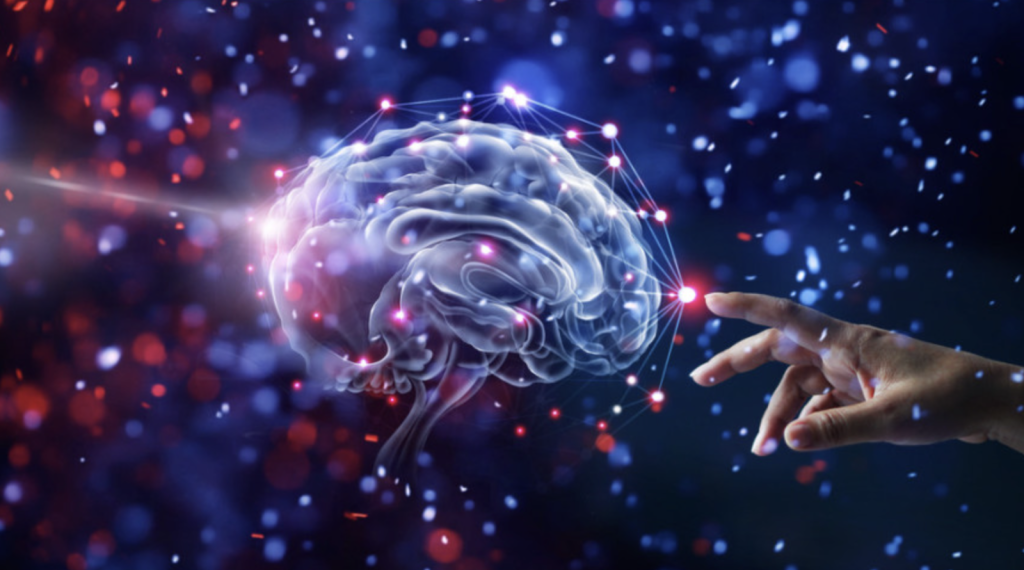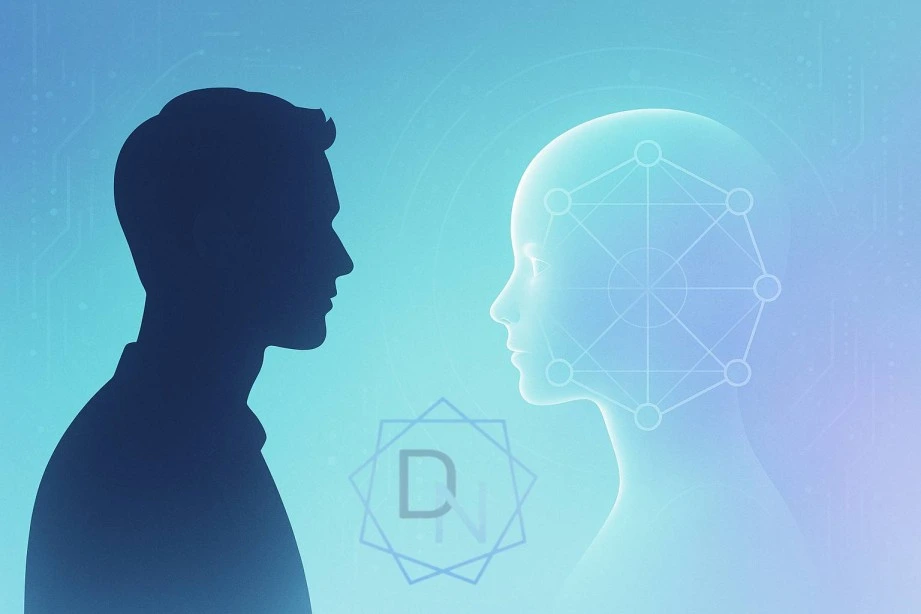The Destiny Matrix and Neuroplasticity: Can Conscious Work on the Brain Change Karma?
The Destiny Matrix and Neuroplasticity: Can Conscious Work on the Brain Change Karma?
The question of whether a person can change their destiny has fascinated humanity for thousands of years. In religious and philosophical teachings, the concept of karma and life predestination holds a significant place. But with the advancement of neuroscience, a new perspective has emerged. Neuroplasticity – the brain’s ability to change in response to experience and conscious effort – has opened the door to exploring how we might influence our destiny through inner work. But is it really possible to change our karma by making conscious changes to our brain?

About Neuroplasticity
From a neuroscientific point of view, our brain is constantly changing in response to experience. This phenomenon is known as neuroplasticity. Throughout life, neural connections can strengthen, weaken, or even restructure under the influence of both external and internal factors.
One example of neuroplasticity is learning new skills. When someone learns to play a musical instrument or studies a new language, certain areas of the brain begin to change: new connections are formed between neurons, existing ones are reinforced, and these changes can become long-lasting. This shows that even the adult brain is not static – it can be “reprogrammed” under certain conditions.
Studies also show that conscious practices such as meditation can alter the structure and function of the brain. For example, people who meditate show increased grey matter density in areas associated with attention and emotional control. These changes confirm that working on oneself can quite literally reshape the brain.
What Is Karma, and Can It Be Changed A Priori?
According to Eastern philosophical systems, karma is the law of cause and effect, in which every action taken by a person – good or bad – has consequences. These consequences may influence their current life or a future one. In Hinduism, Buddhism and other doctrines, karma is linked to the concept of reincarnation: the soul is reborn again and again until it reaches liberation, with each new incarnation determined by the deeds of previous lives.
However, even in belief systems that do not explicitly mention reincarnation, destiny is often viewed as something predetermined – whether it depends on what we do, or on forces beyond our control. So where does free will come into play? Can a person consciously change their fate through self-work?
Let’s imagine someone who has experienced negative influences since childhood – perhaps poverty, violence, or lack of emotional support. These circumstances might have “imprinted” certain behavioural patterns in their brain: fear, aggression, an inability to make decisions. Yet through conscious work – meditation, psychotherapy, developing mindfulness – this person can begin to change their reactions and mental patterns.
Here’s a real-life example: a person who suffered for many years from depression and persistent negative thinking began cognitive behavioural therapy. This therapy taught them to notice automatic negative thoughts and replace them with more positive and realistic ones. Over time, their brain adapted to this new way of thinking, and the depressive symptoms started to diminish. This is a real example of how self-work can not only improve emotional well-being but also redirect a person’s life path — something that could indeed be seen as changing one’s karma.
Neuroplastic Practices to Help Change Your Destiny
There are many practices aimed at enhancing neuroplasticity and helping people change their thought patterns – and possibly their karma. One of the most effective is meditation. As already mentioned, regular meditation can improve focus, reduce stress and support better emotional regulation.
Another method is yoga. It not only improves physical health but also strengthens the connection between body and mind, encouraging a more mindful and conscious lifestyle. Many yoga practitioners report becoming more patient, calm, and open to new opportunities.
Cognitive behavioural therapy is also a powerful tool that helps people become aware of their automatic thoughts and change them. This can lead to long-term shifts in thinking and behaviour, which can ultimately influence a person’s life path.
From a scientific standpoint, neuroplasticity provides us with a tool to change not only our thinking, but also our behaviour — which in turn can influence our future. From a philosophical standpoint, changes in consciousness and behaviour may alter karma, but it’s important to remember that sincerity and intention remain key. So yes, working on the brain really can change both destiny and karma — but the process demands continuous effort, awareness, and a willingness to take full responsibility for one’s actions.


